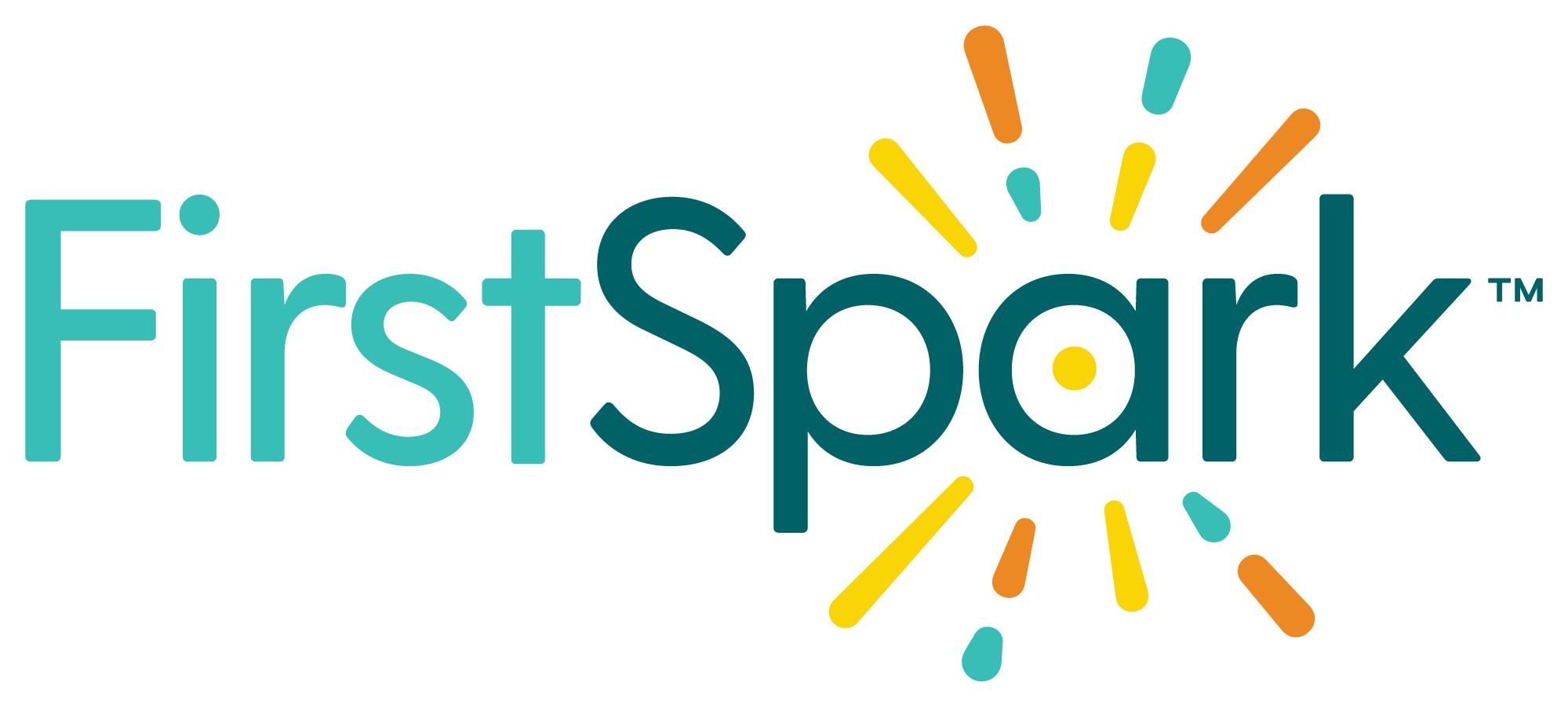Preparing your child for kindergarten involves more than just buying a backpack and dropping them off at school.
Every experience you give them give them plays a big role for them to be successful in school. A quality preschool or child care environment will increase the skills they are building at home and teach them entirely new ways to think, act and move.

Being “ready” for school means arriving with the appropriate social, emotional, physical and intellectual skills. Children need all four types of development to succeed in school, and to become caring, thinking, confident, active adults.
Learn which skills your child needs in:
A quality preschool should foster these skills through educator interactions and creating a warm and positive social environment, which in turns makes children more likely to become engaged and motivated learners.
As a parent, you can also encourage these skills through modeling appropriate social behavior and teaching your child words needed for solving problems, expressing anger and getting needs met. You can do activities such as creating a picture calendar showing the sequence of your child’s day, to help her learn how to follow directions and routines.
Examples of social readiness skills:
• Gets along with others
• Makes and keeps friends
• Shares and takes turns
• Follows directions and rules
• Holds conversations, listens, asks and answers questions
The social skills necessary for success in relationships will be the result of appropriate emotional development. The parents, caregivers and educators in a young child’s life should have a strong, positive relationship the child, and also model appropriate skills for handling emotions.
When choosing an early childhood program, ask whether emotional control and expression are part of the curriculum, and how the staff teaches these behaviors on a daily basis.
Examples of emotional readiness skills:
• Cares about how other people feel
• Has a sense of right and wrong
• Communicates & expresses feelings appropriately
• Calms themself when upset
Parents and early childhood education programs should foster a child’s physical health in motor skills development, fitness and nutrition.
Healthy snacks help manage kids’ hunger and boost nutrition. Children should be given the opportunity for both indoor and outdoor play. Programs should incorporate developmentally appropriate physical activities throughout the day.
The preschool years are the period when children acquire basic motor (movement) skills. Developing both fine (use of the hands and fingers) and gross (mobility) motor skills is an essential part of development—especially when you consider that from birth to age 5, a child literally goes from a helpless little bundle to a running, jumping, drawing and self-dressing person. Make sure your child’s pediatrician checks on the age-appropriate development of these skills.
Examples of physical readiness skills:
Gross motor skills:
• Climbs and runs
• Balances on one foot
• Hops and jumps
• Uses bathroom independently
• Dresses self
Fine motor skills:
• Fills and empties cups or other containers
• Creates objects with play dough or clay by rolling, patting and squeezing
• Builds a tower with five blocks
• Uses pencils, crayons, paint brushes and markers for drawing on blank paper
The first five years are a critical “window of opportunity” in a child’s life when specific types of learning need to take place. These experiences—good or bad—influence the wiring of their brains. Learn more about brain architecture here.
Intellectual (or “cognitive”) development focuses on functions of the brain such as thinking, learning, awareness, judgment and processing information. Children should be given many opportunities to plan and make choices, then discuss the results of their choices. A quality early childhood education program will do just this, and parents can also incorporate choices into a child’s day (which also is shown to help prevent tantrums!).
To foster early language skills, parents and educators should narrate children’s play and exploration, ask interesting open-ended questions and expand on children’s ideas. Children can develop math skills by solving simple real-life problems, like “How many plates do you need to set the table?” They can also develop science skills by playing with a variety of materials, which naturally lets them explore concepts of size, shape and number.
Examples of intellectual readiness skills:
• Says or sings familiar songs and rhymes
• Names and describes objects, places, pictures & events
• Uses imagination to create own stories
• Uses complete sentences
• Recognizes words or signs he sees often
• Recognizes and try to write her name
• Names some familiar letters
• Counts to 10 or higher
• Names the colors in a box of eight crayons
• Names the basic shapes
• Matches and sort by size, shape and color
• Explores cause-and-effect relationships
Get Registered
Pre-K Registration
Select your city or county from the list below to start registering your student!
Kindergarten Registration
Select your city or county from the list below to start registering your student!

